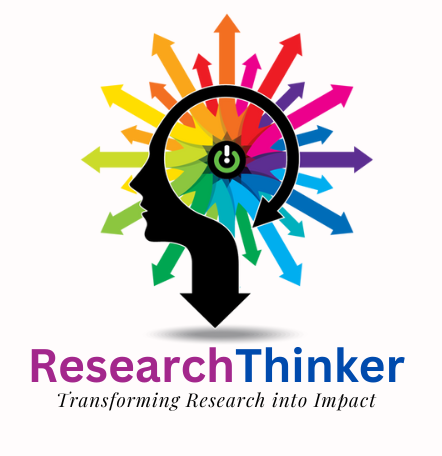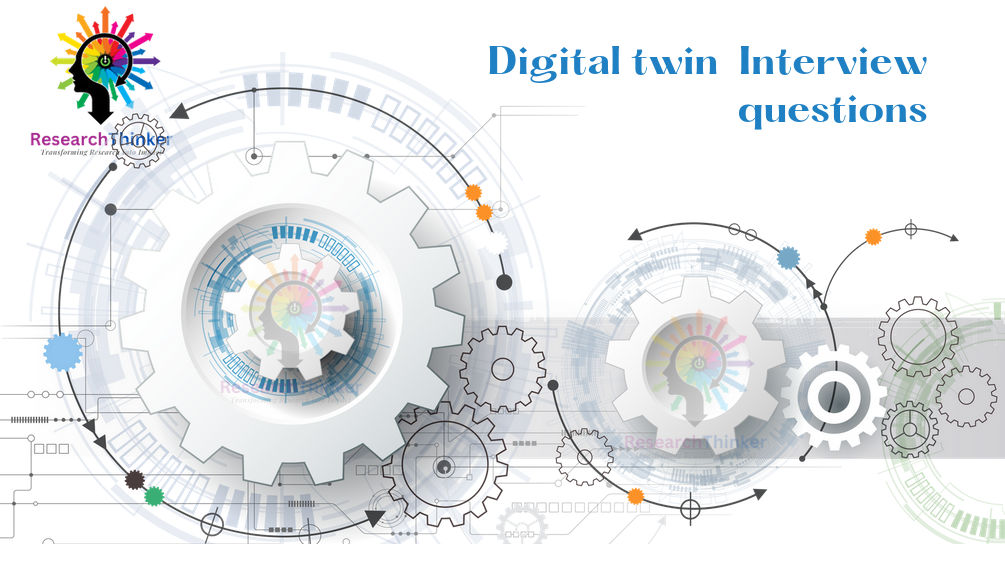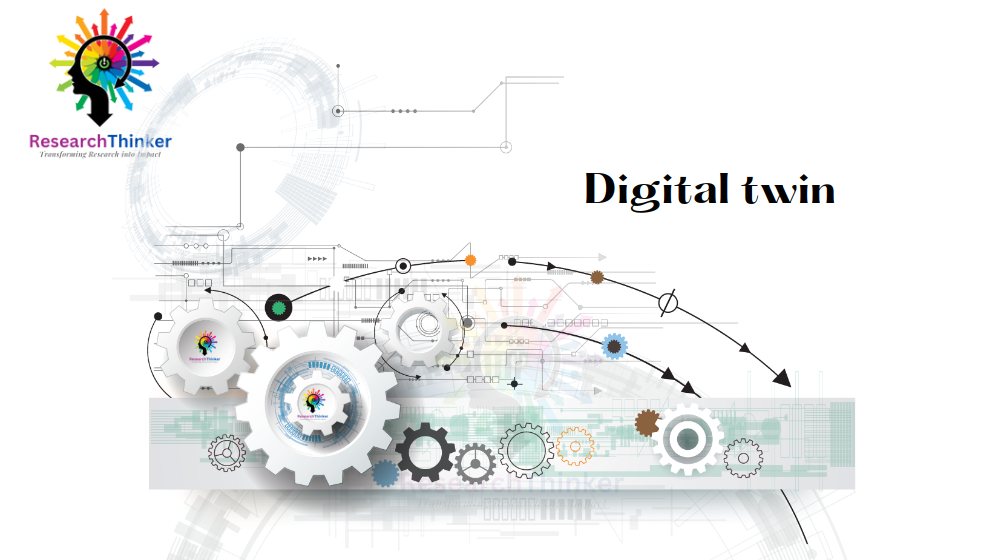Here are 10 interview questions and answers related to digital twin technology:
- What is a digital twin and how does it work?
- A digital twin is a virtual representation of a real-world item, procedure, or system. It operates by generating a dynamic, real-time digital model that replicates the physical system through the use of sensors, data analytics, and machine learning algorithms. The performance of the physical system can be predicted, monitored, and optimised with the help of this model.
- What are the benefits of using digital twin technology?
- Increased efficiency
- Reduced downtime
- Better decision-making
- low cost
- Better result and higher profits
- Digital Twin monitor and optimize the performance
- What industries can benefit from digital twin technology?
- Digital twin technology can be used in a wide range of industries, including manufacturing, healthcare, energy and utilities, aerospace, automotive, and more. Any industry that relies on complex systems or processes can benefit from digital twin technology.
- What are some real-world applications of digital twin technology?
- Some real-world applications of digital twin technology include predictive maintenance for industrial machinery, remote patient monitoring for healthcare, virtual testing for automotive and aerospace products, and simulation-based training for military and emergency responders.
- How can digital twin technology improve the manufacturing process?
- Digital twin technology can improve the manufacturing process by enabling real-time monitoring and optimization of production lines, reducing downtime and waste, improving quality control, and enabling predictive maintenance. It can also be used to simulate and test new products before they are physically built.
- What are some challenges associated with implementing digital twin technology?
- Some challenges associated with implementing digital twin technology include data security and privacy concerns, the need for specialized skills and expertise, and the high cost of implementing and maintaining the technology.
- How can data analytics be used with digital twin technology?
- Data analytics can be used with digital twin technology to monitor and analyze real-time data from sensors and other sources, identify patterns and trends, and make predictions about future performance. This can enable organizations to take proactive measures to optimize the performance of their systems.
- What role does machine learning play in digital twin technology?
- Machine learning algorithms can be used with digital twin technology to automatically identify patterns and anomalies in data, predict future performance, and optimize system performance. Machine learning can enable digital twins to learn and adapt to changing conditions in real-time.
- What are some best practices for implementing digital twin technology?
- Best practices for implementing digital twin technology include defining clear goals and objectives, identifying the right data sources and sensors, selecting the appropriate modeling and simulation tools, and ensuring data security and privacy.
- What is the future of digital twin technology?
- The future of digital twin technology is likely to involve increased use of artificial intelligence and machine learning algorithms, integration with the Internet of Things (IoT) and other emerging technologies, and expansion into new industries and applications. Digital twins may also become more advanced and sophisticated, enabling more accurate predictions and optimizations.





